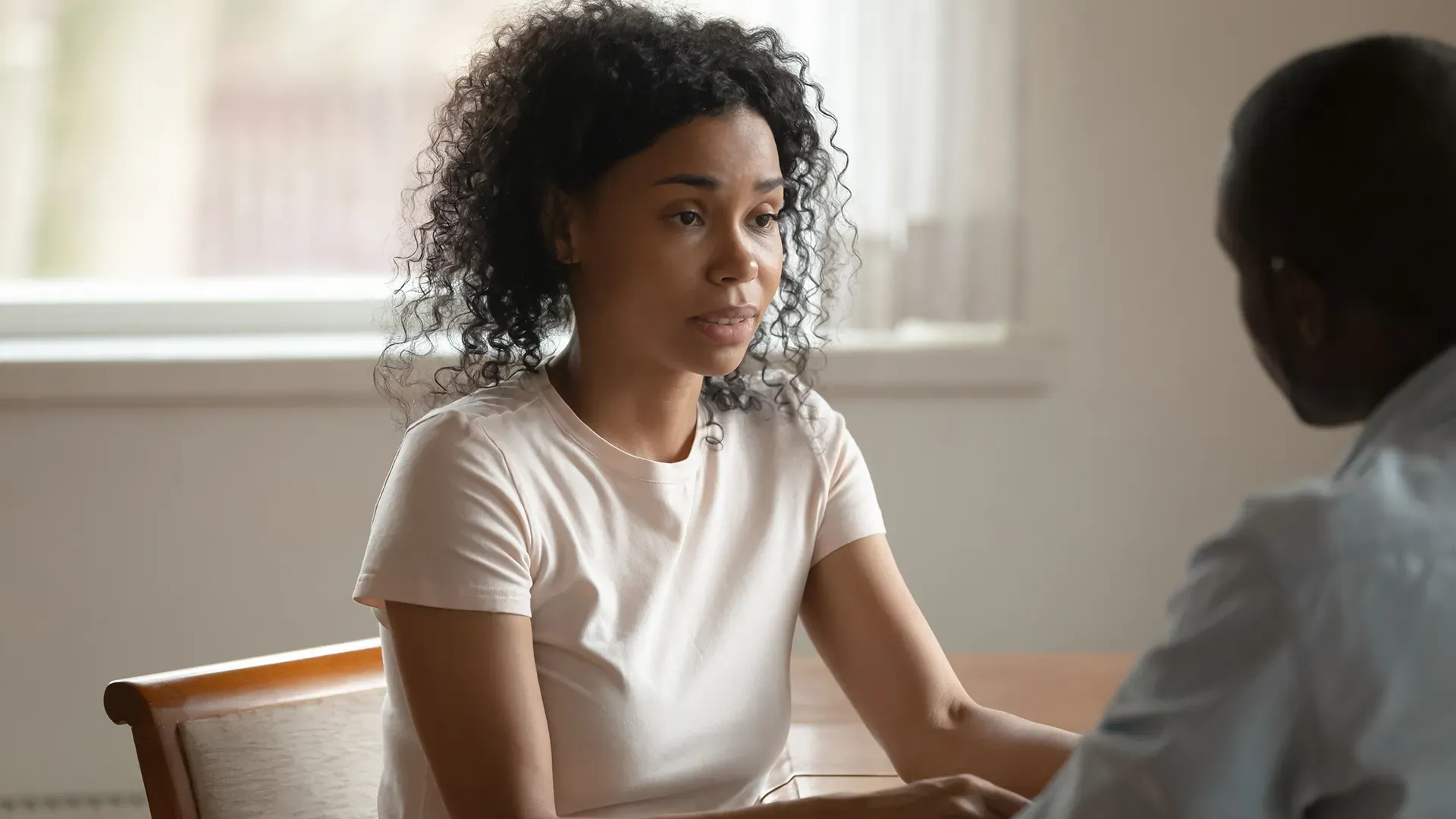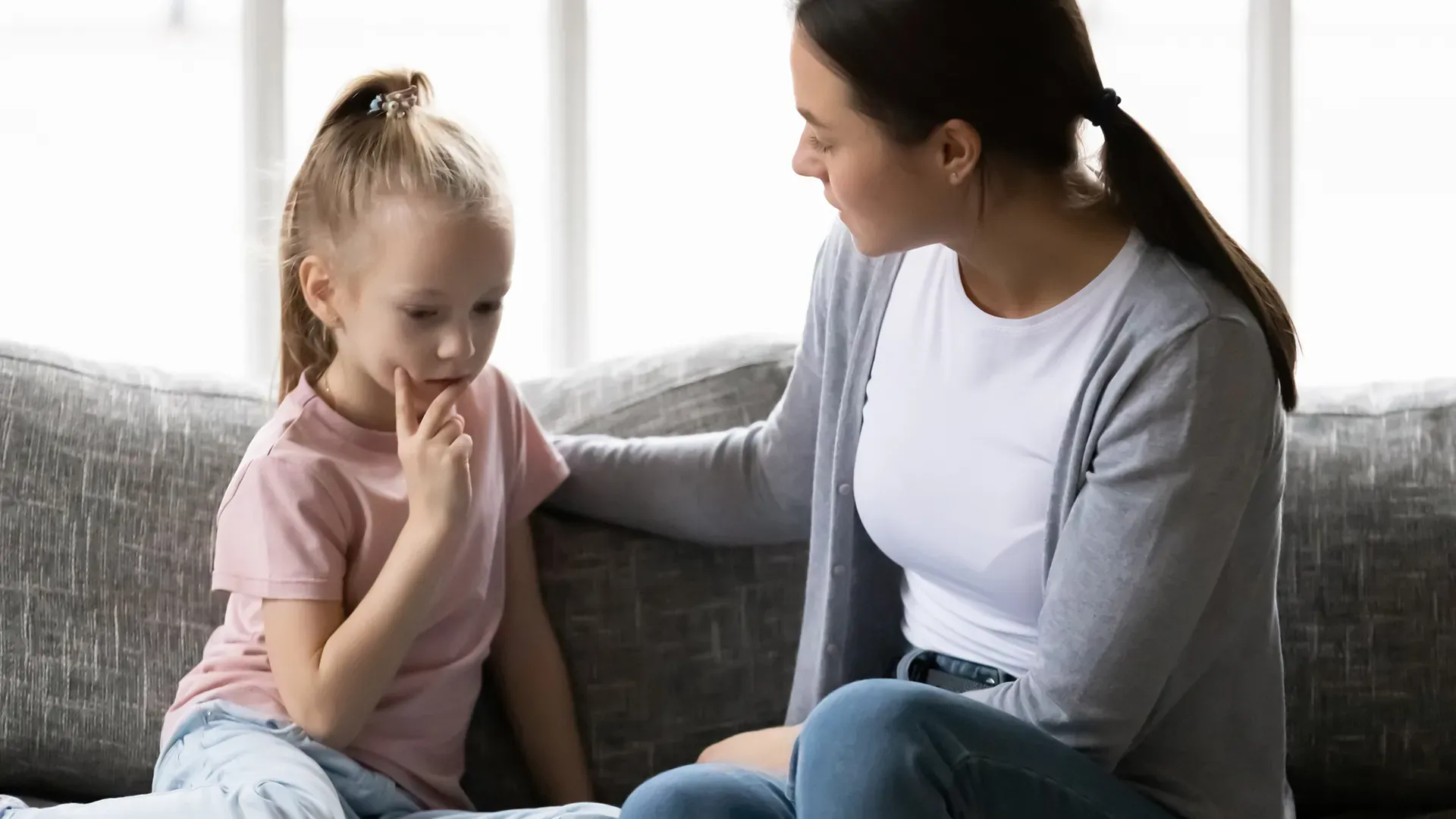It can be hard for others to understand how life-changing a diagnosis of cancer is to a teenager or young adult like yourself. What we do understand is that it can get in the way of the things that are most important to you, and that having support and advice can make a really big difference.1
So, we’ve created this page for you, with some information and tips you might need while you are living with cancer, no matter where you are in your journey.
When you are diagnosed
It’s normal to feel overwhelmed when you’re first diagnosed. It’s okay to feel unsure, or to have a lot of questions — this is a big moment, and you don’t have to face it all at once.2
Start by focusing on what matters most to you right now, like your work or studies, whether your living situation will need to change, how and when you might want to tell your friends and family, and how you can manage any symptoms and side effects you are dealing with.2
Your healthcare team is there to help. They understand how exhausting it can all be, so don’t hesitate to ask questions, even if they seem small.2 Write things down, record conversations, or bring someone to your appointments with you for support.
Relationships
Cancer can be a difficult topic in a relationship, especially when you’re young. You might worry about how your partner will react or you might feel unsure of how to talk about your feelings with them. Being honest is really important — they might surprise you with how supportive they are.3 Remember, you’re so much more than your diagnosis.
Going through treatment
Cancer treatment can feel overwhelming. You might wonder how much treatment you’ll need and how your body will react to the treatment. The truth is, it’s different for everyone.4
Some treatments can make you feel sick (also known as nausea) and some will cause you to have a tired feeling that doesn’t go away with rest (this is called fatigue). Others may cause changes to your appearance, including changes to your skin and hair.4
The good news is there are ways to help you manage these side effects. Talking to your healthcare team about any side effects is important — they will be able to support you.4 Check out the other pages in the Living Well section of this website, where you’ll find more information on some of the common side effects of cancer treatments and ways to help cope with them.
Studying or working
Trying to come to terms with your diagnosis or dealing with cancer treatment while going to school, university or work can be really tough.5
If you’re working, make sure to tell your employer what you’re going through. They should be able to make ‘reasonable adjustments’ to support you, like offering flexible hours or options for you to work remotely when you feel able to.5
If you are a student, it’s important to let your school or university know what’s going on.6 Most universities have support teams who can help with things like extra time for assignments or taking a break from your studies if you need to.6
Staying social
Sometimes friendships can feel a bit tricky, especially if you don’t always have the energy to see people.7 But staying connected to your friends can make a huge difference.7 It doesn’t need to be much — a quick video call, catching up in a group chat, or having a friend over for a few hours can connect you to your life outside of cancer and can help you feel less alone.7
At the same time, don’t be afraid to set boundaries. It’s okay to let your friends know what you need, whether that’s some extra support or a little bit of space and time to yourself.
Looking after yourself
There are lots of things you can do to look after yourself and to help yourself feel as good as possible. Finding things that you can do for yourself can help you feel more in control of everything that’s going on. This can improve your physical health and can help your mental health, too.8 Simple things like staying hydrated, eating well, and resting when you need to, can make a big difference to how you feel.9
When you’re out with your friends, remember it’s okay to pace yourself and listen to your body. You don’t have to keep up with everyone else, and you can head home early if you need to. Your friends will understand and want what’s best for you.
Losing your hair
Almost every young person or child who has cancer treatment loses some or all of their hair.10 This can be a tough side effect of treatment because your hair may feel like a big part of your identity – but there are some things you can do about it.11
Scalp cooling is a potential way to reduce hair loss with some treatments, so ask your doctor if it could be an option for you. Also, you might wish to try out a shorter hairstyle before your treatment starts. This may give you a sense of control and make the change feel less sudden.11
Hair usually grows back after chemotherapy, although it might look a bit different. If you do lose your hair, trying out different wigs, hats or scarves can help you feel more comfortable and confident. Makeup can help if you are worried about losing your eyebrows and eyelashes.11
It’s okay to feel emotional about losing your hair. Talking to people you trust or joining a support group with people who have gone through the same thing can help you cope with these emotions.11
Living with cancer while you’re young can be confusing and frustrating, but you’re not alone. Whether it’s treatment, school, work or relationships, there’s help available for you every step of the way. Take it one day at a time, lean on your family, friends, and healthcare team, and don’t forget — you’ve got this.
References
- Young Lives vs Cancer. My cancer toolkit. Available at: www.younglivesvscancer.org.uk/cancer-info-support/i-have-cancer/ [Accessed April 2025].
- Young Lives vs Cancer. Support when you’re just diagnosed. Available at: www.younglivesvscancer.org.uk/cancer-info-support/i-have-cancer/support-whenever-you-need-it/ [Accessed April 2025].
- Follicular Lymphoma Foundation. How to maintain a social life with a cancer diagnosis. Available at: www.theflf.org/news/how-to-maintain-a-social-life-with-a-cancer-diagnosis [Accessed April 2025].
- Young Lives vs Cancer. How bad will treatment make me feel? Available at: www.younglivesvscancer.org.uk/cancer-info-support/cancer-and-treatment/how-bad-will-treatment-make-me-feel/ [Accessed April 2025].
- Young Lives vs Cancer. Reasonable adjustments at work. Available at:
www.younglivesvscancer.org.uk/cancer-info-support/work/reasonable-adjustments-at-work/ [Accessed April 2025]. - Teenage Cancer Trust. Going back to university after cancer treatment. Available at:
www.teenagecancertrust.org/information-about-cancer/going-back-university-after-cancer-treatment [Accessed April 2025]. - MAGGIE’S. Personal relationships. Available at: www.maggies.org/cancer-support/managing-socially/personal-relationships-and-cancer/ [Accessed April 2025].
- Macmillan Cancer Support. Cancer and your emotions. Available at: www.macmillan.org.uk/cancer-information-and-support/treatment/coping-with-treatment/cancer-and-your-emotions [Accessed April 2025].
- Mayo Clinic. Cancer survivors: Care for your body after treatment. Available at: www.mayoclinic.org/diseases-conditions/cancer/in-depth/cancer-survivor/art-20044015 [Accessed April 2025].
- Children’s Cancer and Leukaemia Group. Hair Loss and Body Image. Available at: https://www.cclg.org.uk/csoir/hair-loss-and-body-image [Accessed April 2025].
- Young Lives vs Cancer. Looking after your hair. Available at:
www.younglivesvscancer.org.uk/cancer-info-support/body-and-health/looking-after-your-hair/ [Accessed April 2025].






